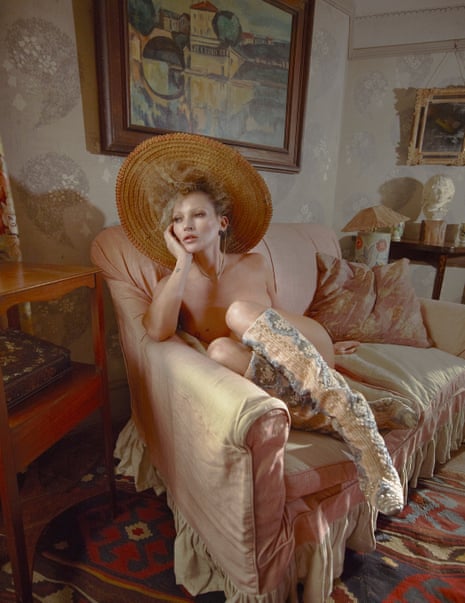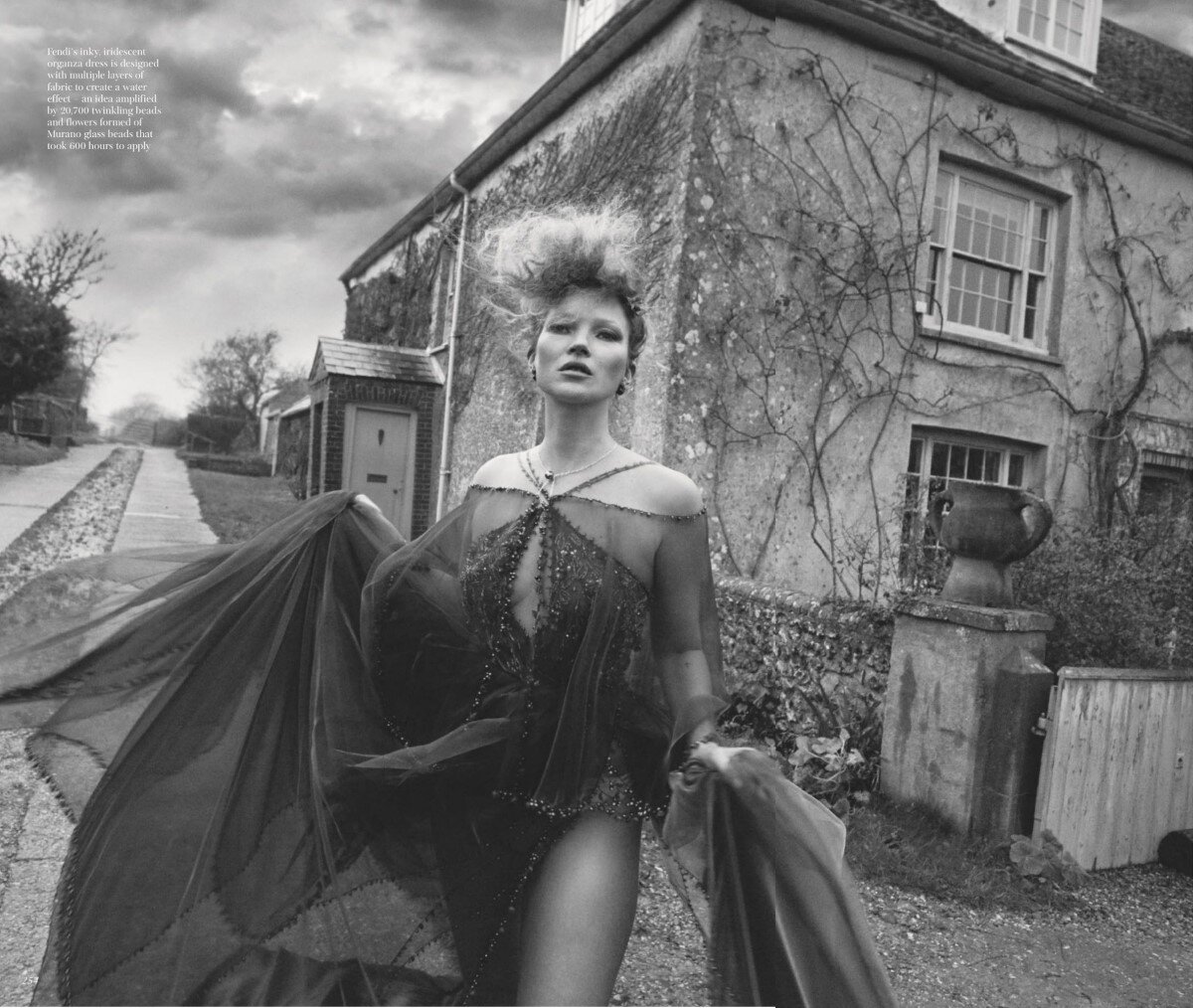THE NEW DRESS
by Virginia Woolf
Mabel had her first serious suspicion that something was wrong as she took her cloak off and Mrs. Barnet, while handing her the mirror and touching the brushes and thus drawing her attention, perhaps rather markedly, to all the appliances for tidying and improving hair, complexion, clothes, which existed on the dressing table, confirmed the suspicion—that it was not right, not quite right, which growing stronger as she went upstairs and springing at her, with conviction as she greeted Clarissa Dalloway, she went straight to the far end of the room, to a shaded corner where a looking-glass hung and looked. No! It was not right. And at once the misery which she always tried to hide, the profound dissatisfaction—the sense she had had, ever since she was a child, of being inferior to other people—set upon her, relentlessly, remorselessly, with an intensity which she could not beat off, as she would when she woke at night at home, by reading Borrow or Scott; for oh these men, oh these women, all were thinking—"What's Mabel wearing? What a fright she looks! What a hideous new dress!"—their eyelids flickering as they came up and then their lids shutting rather tight. It was her own appalling inadequacy; her cowardice; her mean, water-sprinkled blood that depressed her. And at once the whole of the room where, for ever so many hours, she had planned with the little dressmaker how it was to go, seemed sordid, repulsive; and her own drawing-room so shabby, and herself, going out, puffed up with vanity as she touched the letters on the hall table and said: "How dull!" to show off—all this now seemed unutterably silly, paltry, and provincial. All this had been absolutely destroyed, shown up, exploded, the moment she came into Mrs. Dalloway's drawing-room.




























